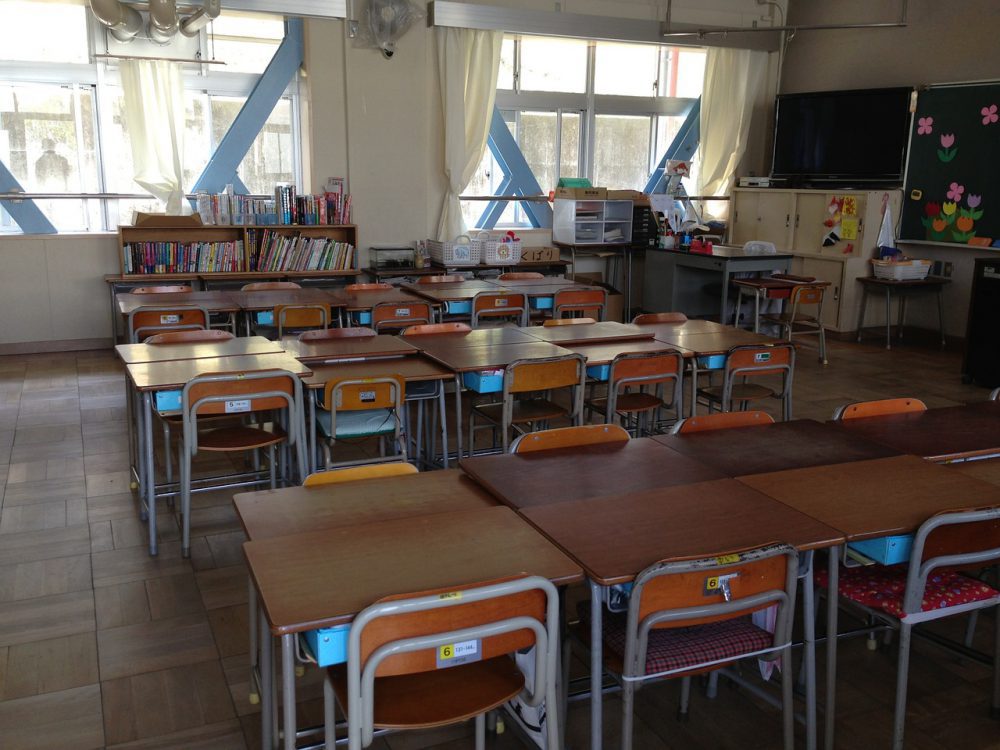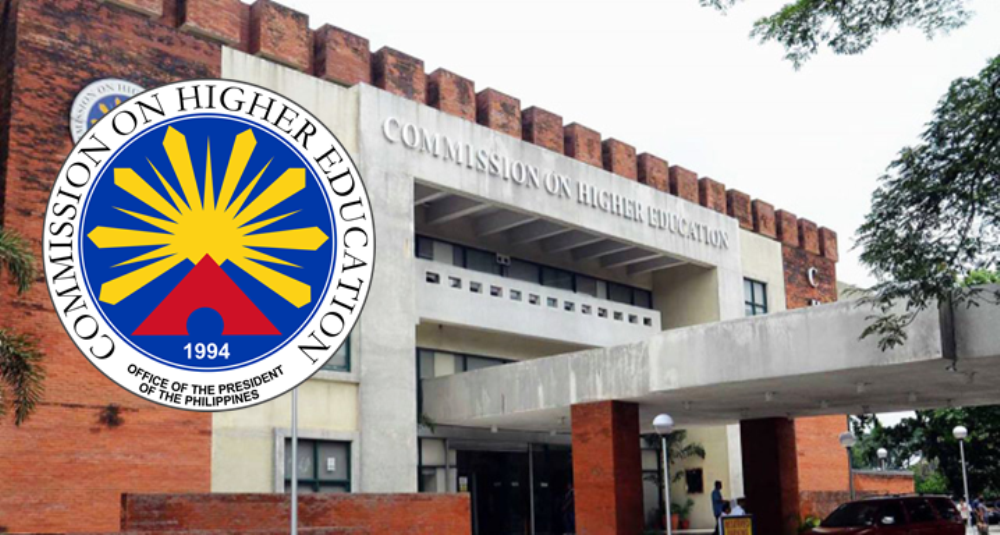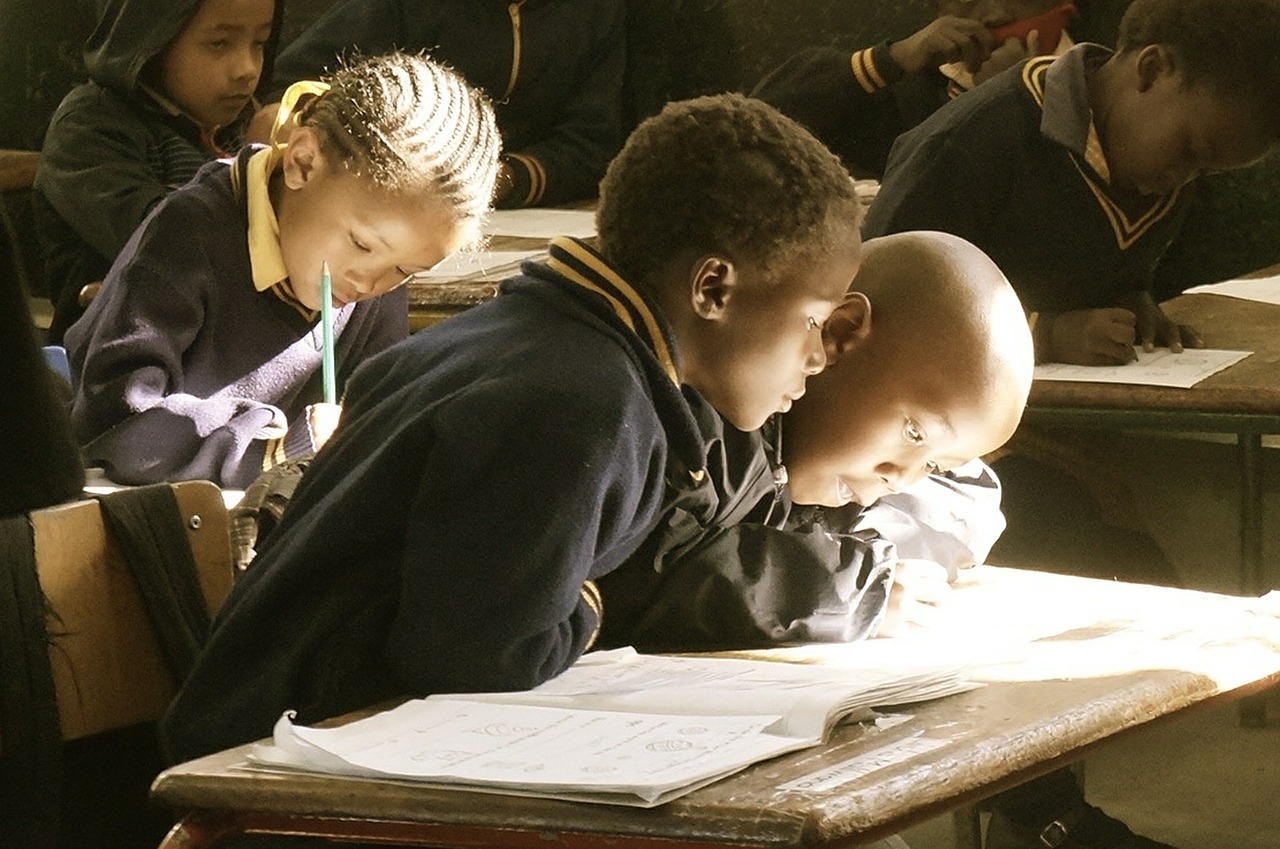Indy STEM Teacher Residency is a new project set to train and retain about 60 teachers to improve learning in science, technology, engineering, and mathematics education.
Indy STEM Teacher Residency project by Purdue University’s College of Education and Indianapolis Public Schools (IPS) ranks among other opportunities for progressive STEM education in the region.
The IPS Superintendent Aleesia Johnson, excited about the partnership with Purdue, said;
IPS is thrilled to partner with Purdue to find and train future STEM teachers who will spend an extended amount of time in our classrooms, working with students in a residency-based model to fine-tune their skills in STEM instruction.
We believe this partnership will lead to a strong talent pipeline for school leaders and greatly enhance K-12 STEM programming, including our career pathways, offered to students and families across the district.
Nancy Marchand-Martella, Purdue’s Suzi and Dale Gallagher Dean of Education discussing on the partnership, said;
Our college is indeed an exciting place to learn and create new knowledge. As part of a research-intensive institution, we value rigorous scholarship and discovery.
Indy STEM Teacher Residency program
The Indy STEM Teacher Residency project is designed for two types of teachers; a resident teacher and an experienced teacher-mentor. The resident teacher will complete a master’s degree coursework. Aside from the course work, the resident teacher will be involved in day-to-day mentoring, and the teacher will learn and develop skills required to progress the STEM learning in the classroom.
The U.S. Department of Education funds the Indy STEM Teacher Residency project. A $5 million grant was awarded to the project to prepare top-tier STEM teachers in the region. One of the participating colleges, Purdue’s College of Education, also received a grant of $2.2 million and $1 million from federal funds.
Lynn Bryan said the Indy STEM Teacher Residency project would furnish Indianapolis Public Schools with 80 percent of resident teachers. The teachers will be retained with the school for at least three years.
Other projects for educational professionals
CATALYST is similar to the Indy STEM Teacher Residency project. CATALYST favors educational professionals who are keen on developing and advancing K-12 STEM teaching and learning.
CATALYST, an interdisciplinary research-oriented center in the College of Education, connects with high-schools, middle schools, and colleges to advance the project of developing educational professionals. The institutes involved are Arsenal Technical and George Washington high schools, Purdue’s College of Science, and Henry W. Longfellow Medical/STEM Middle School 28.
Commenting on the need to widen STEM education, the project head and director of CATALYST, Professor Lynn Bryan said;
It is vitally important that all children have access to exemplary STEM education, period,” said professor Lynn Bryan, project head and director of CATALYST at Purdue. “Yet, research continues to document the growing inequality of K-12 students’ access to high-quality science and mathematics education.
Another project funded by the U.S. Department of Education is geared toward closing the gaps between available education opportunities and the intended populations. Nielsen Pereira leads the project with $2.1 million already provided as funding.
The assistant professor in gifted, creative, and talented studies, Nielsen Pereira, leads the project, which will benefit students from ethnically diverse backgrounds and low-income backgrounds. In five years, the project will continually make available talent development opportunities for students who are gifted in STEM subjects.
There is a third project funded by the U.S. Department of Education for special education doctoral students. The Department of Education provided a $1.2 million grant to fully fund the doctoral students throughout their program with Purdue, the University of Illinois at Urbana-Champaign, and the University of Oregon.
Professor Mandy Rispoli said that Five Purdue students in the program would study on autism, multi-tiered systems of support and culturally responsive instruction,
Professor Mandy Rispoli is the co-director of the Purdue Autism Research Center.







